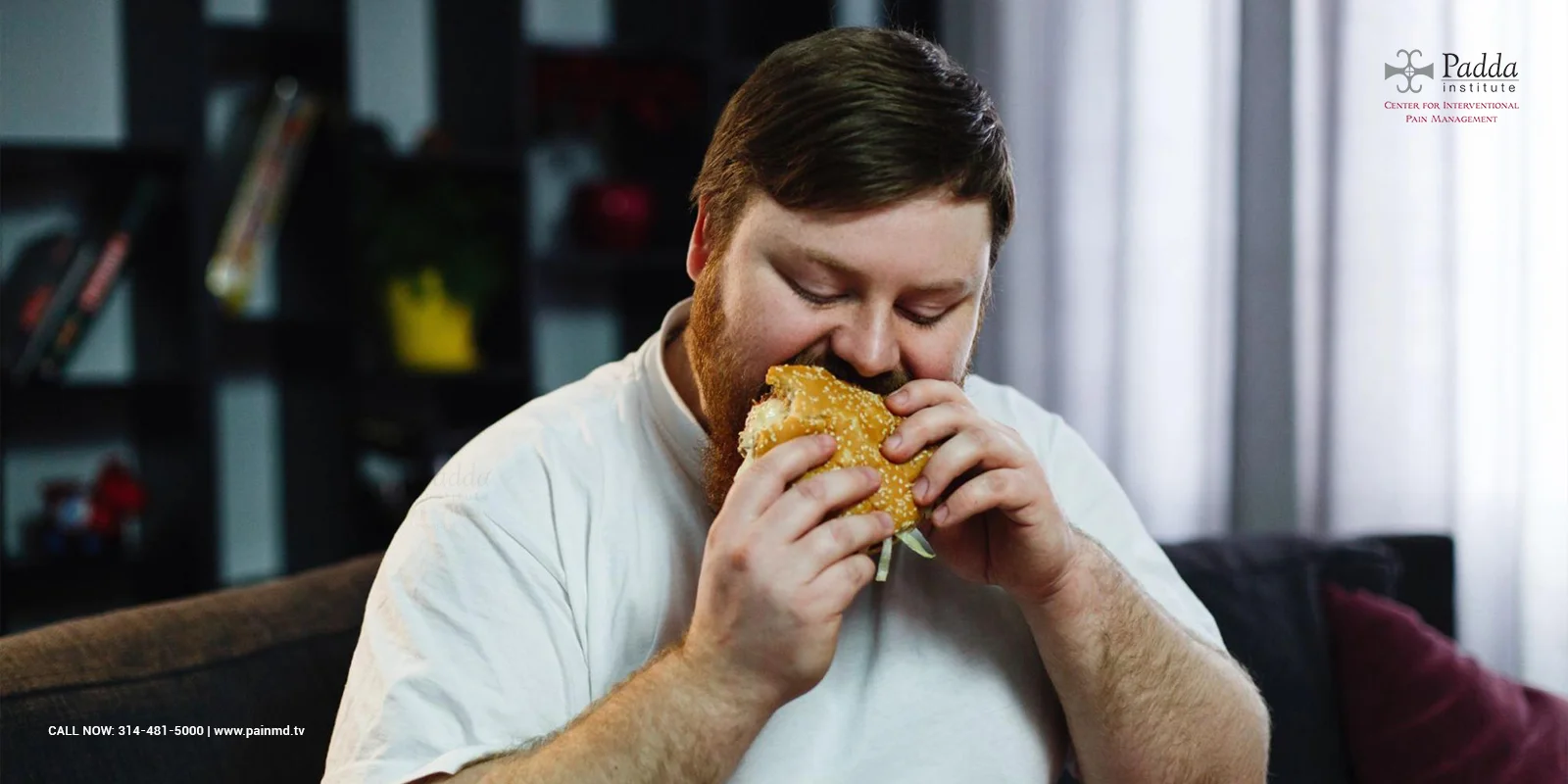Summary: Studies show that obese people, when exposed to stress, are more likely to choose foods high in calories, and they are also more likely to eat more when compared to lean people. The new study using MRI found that when obese and lean people living with stress are exposed to food, they have very different kinds of brain responses. This shows how brain wiring in those living with hormonal obesity differs from lean people, causing different food responses. It is something to be kept in mind when treating hormonal obesity.
For centuries, humans have accepted obesity as a behavioral disorder—something associated with a habit of eating high-calorie foods, a high appetite, and more. Thus, for centuries, a simple recommendation to overcome obesity was to get rid of food, change habits, eat less, and so on.
However, it is no secret that such simple recommendations, though effective, do not work in most cases, especially in cases of stress metabolism. Most obese people know that eating more food may cause obesity, and they would benefit from reducing calorie intake. However, knowing is not enough, as most obese people struggle to reduce their total calorie intake, weight gain and stress.
Researchers now view obesity differently. They realize that it is a complex disorder. It does have much to do with lifestyle choices. However, prolonged obesity causes several changes in the body and brain, especially in genetically predisposed individuals. Due to these preexisting neuronal differences or neural changes that occur due to obesity, people living with the condition struggle to reduce their calorie intake.
Studies suggest that those living with obesity are prone to eat more food when exposed to stress. Not only that, observations show that obese people also choose foods that are high in calories. Though many observational studies confirm that obese people have different reactions to stress, and these reactions result in appetite changes, little is known about the underlying mechanism.
Unraveling the underlying mechanism is essential for finding effective remedies. Moreover, now science recognizes obesity as a disease that is something that must be treated by different means, including the use of pharmacological drugs. Moreover, many pharmacological drugs can already help counter obesity in different ways, like reducing appetite, treating depression, reducing stress, reducing insulin resistance, and more.
Now the new study provides sound evidence that there is a big difference between obese and lean people. It appears that stress responses in obese people and lean individuals differ. Obese people, when exposed to stress, are more likely to eat more and even choose high-calorie foods when compared to lean people. These latest findings of the study were published in the journal PLOS ONE1.
The study found that when 17 obese and 12 lean people living with stress were exposed to food, obese people were more likely to choose foods high in calories. Furthermore, fMRI scans showed that the brains of obese people and lean people reacted differently to food, especially when living with chronic stress.
This study shows that different food choices of obese and lean people living with stress are not just about a habit or behavioral issues that can be more readily corrected. Instead, such differences are due to the different ways in which these people’s brains work. There is a tremendous physiological difference between the two, which makes treating stress related weight gain highly challenging.
Such a finding can have many implications. First, there is a need to identify different brain pathways involved in these different kind of responses. It is vital to pinpoint these differences so researchers can focus on finding obesity treatments.
Though these are still very early days, the study shows that obesity is quite a complex health disorder characterized by some significant changes in the brain. Modulating these brain changes could be one of the ways of altering responses to food in individuals living with obesity, which may ultimately help better treat obesity and metabolic disorders.
The Takeaway
Padda Institute Of Pain Management offers highly specialized programs related to anxiety disorders, chronic pain treatment, post traumatic stress disorder treatment, Pancreatic pain treatment that might be associated with stress related weight gain.




